The term ONB Meaning has gained popularity in 2025, especially in online chats and social media conversations. It often appears in casual messages, leaving many people curious about its true meaning. Whether it stands for “On B” or is used to describe a “Hiatus,” the context determines its real interpretation.
In texting culture, ONB can express a mood, a status, or even a state of being offline for a while. As slang continues to evolve with digital communication, understanding terms like ONB helps you stay connected with modern language trends. It reflects how abbreviations shape the way we express ourselves online.
What Does ONB Actually Mean in 2025 Text Slang?
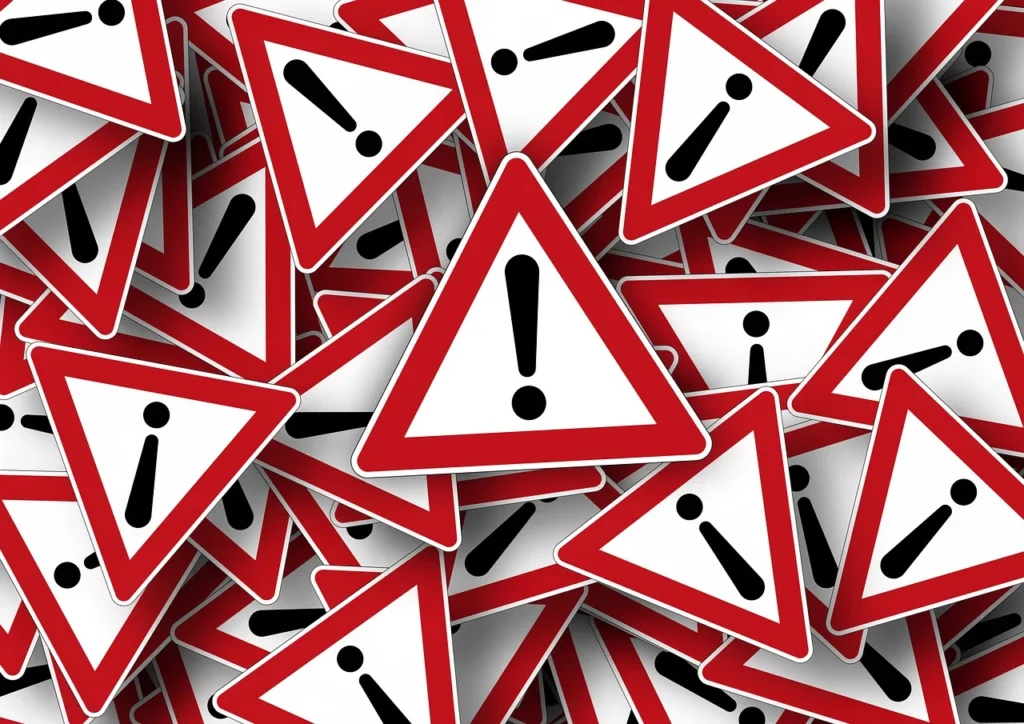
- ONB stands for “On Bro” or simply “On B,” and it’s basically a way of saying you’re being completely honest about something. Think of it as putting your reputation on the line.
- When someone says “on b,” they’re essentially swearing that what they’re telling you is the absolute truth. The phrase has exploded across text messages, social media comments, and everyday conversations.
- It’s become one of those expressions that feels natural once you start using it, even though it might sound strange at first.
- Young people especially love using ONB because it adds weight to their statements without sounding too formal or dramatic. Instead of writing out “I’m being completely serious right now,” they just drop a quick
“on b” and everyone knows they mean business. - The beauty of this phrase lies in its efficiency and the casual vibe it brings to conversations where you want to emphasize your honesty.
Breaking Down “ONB Meaning” – The Truth-Telling Phrase Everyone’s Using

- The beauty of “on b” lies in its simplicity. It’s short, punchy, and gets the point across immediately. When you break it down, you’re literally saying you’re making a statement “on bro,” as in you’re staking your word as a friend or trusted person.
- This phrase works because it creates an informal oath. You’re not swearing on something religious or overly serious. You’re just using the bond of friendship or brotherhood as your guarantee, which makes the conversation feel more personal and authentic.
- People use it in all sorts of situations. Maybe you’re sharing gossip and want your friend to know you’re not exaggerating. Perhaps you’re making plans and need to emphasize you’ll actually show up this time.
- Or you could be sharing an opinion and want others to know you genuinely believe what you’re saying. The versatility of “on b” is what makes it so appealing across different types of conversations, from lighthearted chats to more serious discussions.
Why Gen Z and Millennials Swear By “On B” in Their Daily Conversations

- Both generations have embraced “on b” but for slightly different reasons. Gen Z grew up with rapidly evolving internet slang and sees these phrases as part of their natural communication style. For them, using “on b” is as normal as using any other common expression.
- Millennials have adopted it too, though sometimes with a touch of ironic awareness. They remember when “for real” and “I swear” were the go-to phrases for emphasis, and now they’re adapting to new slang while still holding onto some older expressions.
- What makes “on b” so appealing across age groups is its versatility. It works in serious conversations and lighthearted ones. You can use it to emphasize something important or just to add flavor to a casual statement.
- The phrase doesn’t demand too much emotional investment, which makes it perfect for the quick, casual nature of modern texting.
- It bridges the gap between wanting to sound authentic and not wanting to sound overly dramatic or preachy about your honesty.
ONB vs On God vs No Cap-Understanding Modern Honesty Slang
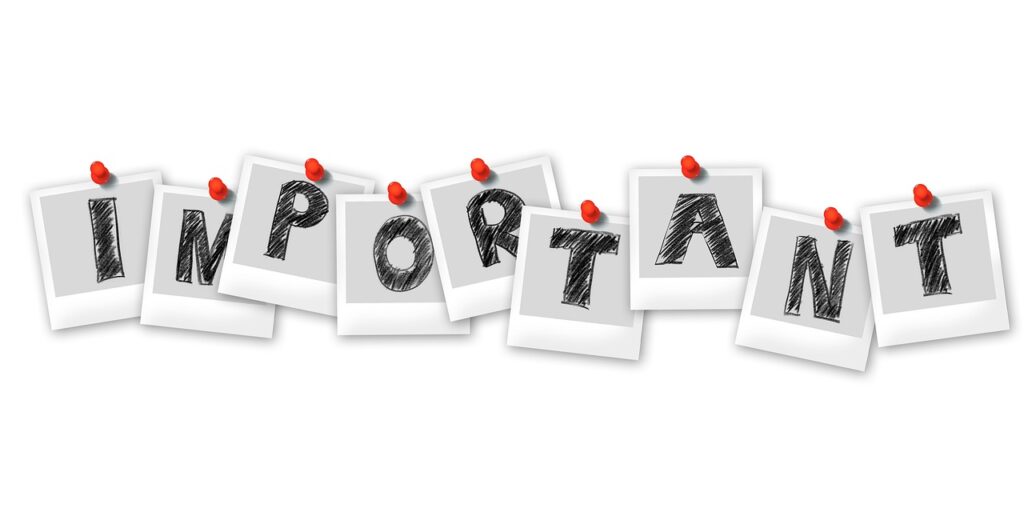
- These three phrases all serve similar purposes but have their own unique flavors. “On God” is probably the most intense of the three. When someone says this, they’re invoking a higher power to back up their statement.
- It carries more weight and seriousness. “No cap” means you’re not lying or exaggerating. The word “cap” means lie in slang, so saying “no cap” is literally saying “no lie.” This phrase tends to be more casual and playful than “on God” but still emphasizes truthfulness.
- “On b” falls somewhere in the middle. It’s more casual than “on God” but can be more emphatic than “no cap” depending on context. The choice between these phrases often comes down to personal preference and regional influence.
- Some friend groups might favor one over the others, and you’ll naturally pick up whatever your circle uses most. You’ll often see people combine these phrases for extra emphasis. Someone might say “on b, no cap” when they really want to drive home that they’re being completely honest. It might seem redundant, but in casual conversation, that repetition adds authenticity.
Real Examples of How People Use “On B” in Text Messages and Social Media

- Let me show you how this actually plays out in real conversations. Someone might text their friend saying that the party last night was absolutely crazy, adding “on b” to emphasize they’ve never seen anything like it before.
- Here, they’re emphasizing that their experience was genuinely wild, not exaggerated for dramatic effect. Or picture this exchange where someone asks if you’re really going to make it this time, and you respond that you’ll be there at eight, adding
- “on b” to reassure them that you’re serious about showing up after maybe flaking before.
- On social media, you’ll see comments claiming that a particular restaurant has the best pizza in the city, followed by “on b” to show this isn’t just hype but their genuine opinion.
- Sometimes people use it more playfully, admitting they just ate an entire pizza by themselves with “on b” and a laughing emoji. Even in funny situations, the phrase adds a layer of authenticity to the confession.
- The phrase also shows up in more serious contexts where someone wants to emphasize they’re giving sincere advice about an opportunity that changed their life, using “on b” to show they’re not just promoting something randomly.
What Does Hiatus Mean When Your Friend Says They’re Taking One?

- When someone announces they’re taking a hiatus, they’re telling you they’re stepping back from something temporarily. The word comes from Latin and traditionally means a break or gap.
- In modern digital culture, it almost always refers to taking time away from social media, online activities, or sometimes even texting and regular communication. A hiatus is intentional and announced, which sets it apart from just disappearing.
- Your friend is letting you know upfront that they won’t be as available or active for a while.
- This could mean they’re deleting apps from their phone, logging out of accounts, or just significantly reducing their online presence. The reasons behind a hiatus vary widely.
- Some people need a break from the constant stimulation and comparison that social media brings. Others might be going through something personal and need space to deal with it privately. Sometimes it’s about reclaiming time for other priorities like school, work, or creative projects. Understanding that a hiatus is temporary helps you know what to expect. Your friend isn’t cutting you off permanently. They’re just pressing pause on certain aspects of their digital life.
The Complete Guide to Understanding Digital Hiatus in 2025
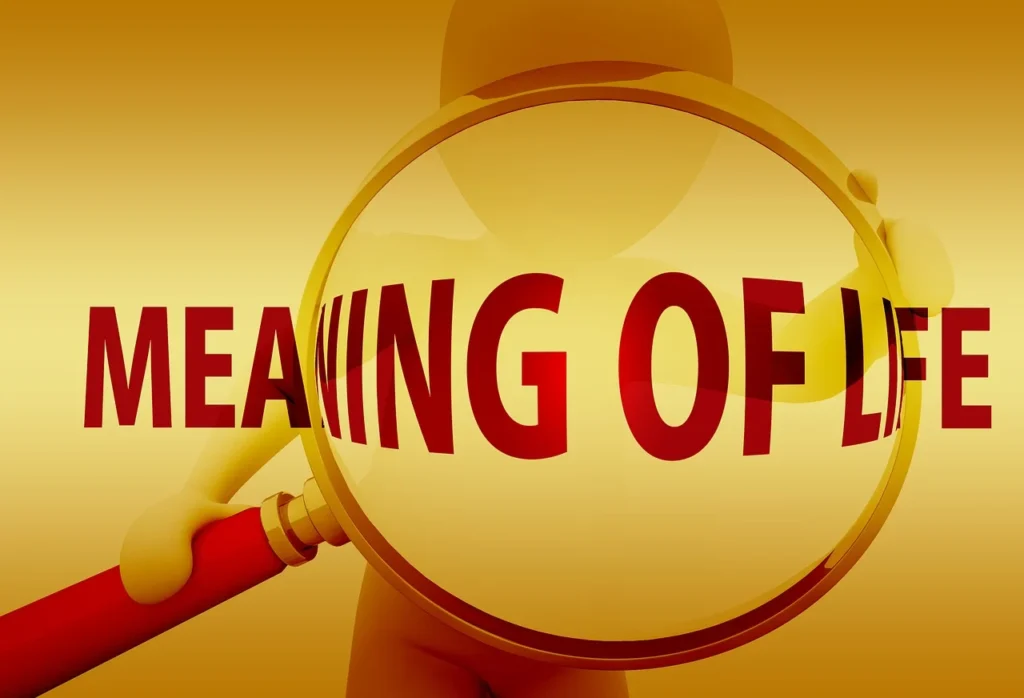
- Digital hiatus has become incredibly common in 2025 as people recognize the toll that constant connectivity takes on mental health and productivity. Unlike earlier years when disappearing from social media seemed dramatic, it’s now widely accepted and even encouraged.
- A proper digital hiatus means different things to different people. For some, it’s deleting Instagram and TikTok but still checking messages. For others, it’s a complete disconnect from everything except maybe essential texts and calls. Some people set specific rules like only checking social media once a week.
- What makes a hiatus different from just taking a day off is the intentionality and duration. When someone announces a hiatus, they’ve thought about it and committed to the break.
- They’re not just feeling overwhelmed on a random Tuesday. They’ve made a conscious decision to step away. The announcement itself serves multiple purposes.
- It lets friends and followers know why you’ve gone quiet. It creates accountability for actually following through with the break. And it prevents people from worrying that something’s wrong when you don’t respond right away.
How Long Does a Typical Social Media Hiatus Last and Why People Take Them

- Most hiatuses last anywhere from a week to several months. A short hiatus of one to two weeks often happens when someone’s dealing with a busy period or just needs a quick reset.
- These brief breaks can be surprisingly refreshing. Medium length hiatuses of one to three months are common when people want to break habits or focus intensely on something else.
- Maybe they’re studying for exams, working on a big project, or going through a significant life change. Some people take extended hiatuses lasting six months or longer.
- These usually happen when someone’s seriously reevaluating their relationship with social media or dealing with major life situations that require their full attention.
- The reasons for taking a hiatus are as varied as the people taking them. Mental health is a huge factor. The constant scroll, the comparisons, the pressure to present a perfect life all become exhausting.
- Taking a break helps people reconnect with themselves without the noise. Productivity is another big reason. Social media can devour hours without you realizing it. People take hiatuses to reclaim that time for hobbies, relationships, or goals they’ve been neglecting.
- Sometimes a hiatus follows a specific event. Maybe someone went through a breakup and doesn’t want to see their ex’s posts. Perhaps they’re job hunting and want to avoid distractions. Or they might have experienced online drama and need distance from it.
Mental Health Breaks vs Hiatus – Understanding the Subtle Differences
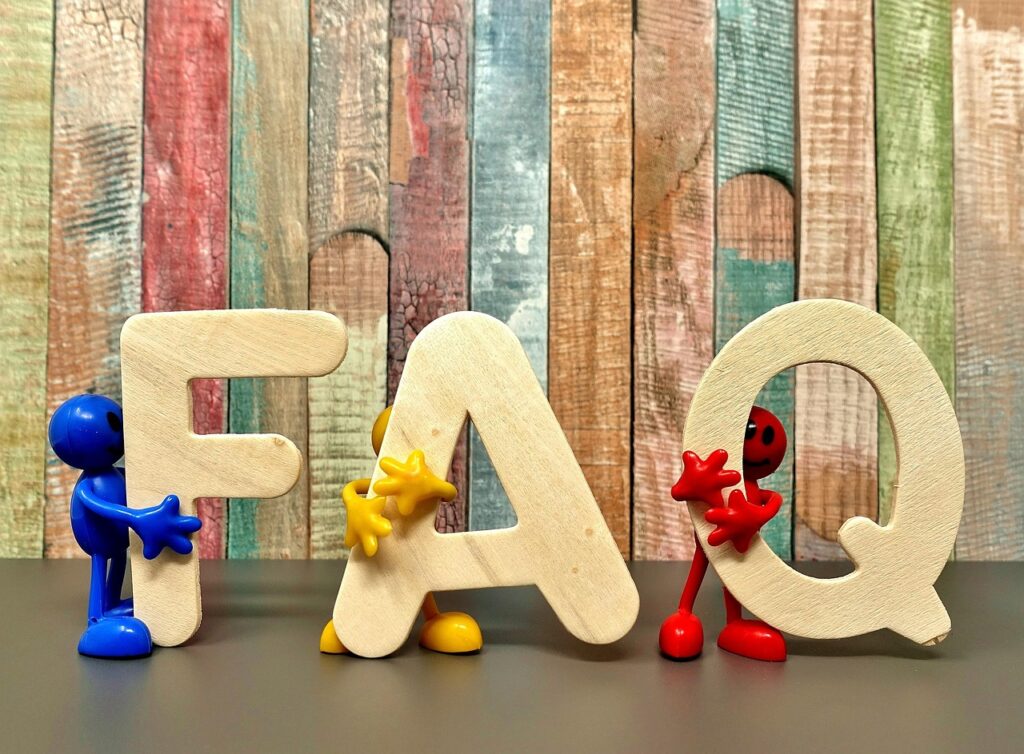
- While these terms often get used interchangeably, there are subtle distinctions worth noting. A mental health break specifically focuses on psychological wellbeing. Someone taking a mental health break is explicitly acknowledging that their mental state needs attention and care.
- A hiatus can be for mental health reasons, but it doesn’t have to be. You can take a hiatus because you’re busy, bored with social media, or just want to try something different. The term is more neutral and doesn’t necessarily signal that something’s wrong.
- Mental health breaks often come with more urgency. When someone says they need a mental health break, they’re usually at a point where continuing as usual feels harmful. They might be experiencing anxiety, depression, burnout, or overwhelming stress.
- A hiatus can be more planned and preventative. Someone might schedule a hiatus during a busy semester or work period, anticipating they’ll need the focus. It’s proactive rather than reactive.
- Both are valid and important. Society’s growing acceptance of mental health breaks is a positive shift. People no longer feel they need to hide behind vague excuses.
- They can honestly say they need this for their mental health and receive support rather than judgment.
What to Reply When Someone Texts “On B” or Says They’re Going on Hiatus
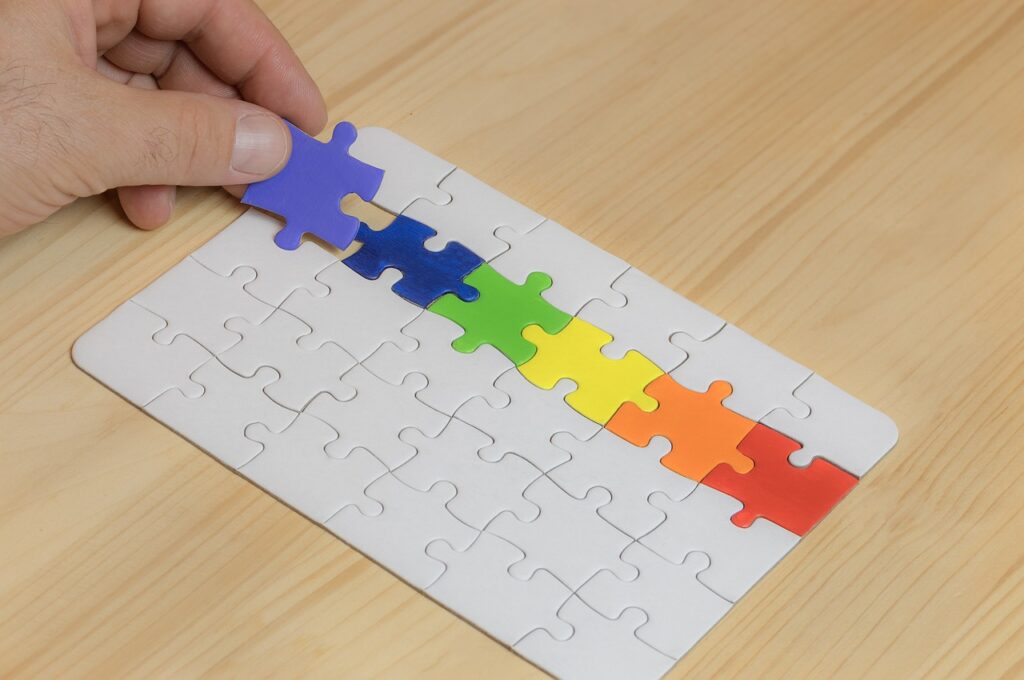
- When someone uses “on b” in conversation, you don’t need to make a big deal of it. Just respond naturally to what they’re saying. If they’re emphasizing something important, acknowledge it.
- You might say okay or express that you believe them, depending on the context. Sometimes a simple question asking if they’re being serious is a natural response, continuing the casual slang vibe.
- Or you can just engage with the actual content of their message without addressing the “on b” at all. The phrase is meant to add emphasis, not derail the conversation.
- When someone announces they’re taking a hiatus, your response matters more. A supportive reply goes a long way. You might tell them you totally understand and they should take all the time they need, or thank them for letting you know and reassure them you’ll be there when they’re back.
- Avoid making them feel guilty or questioning their decision. Responses that focus on what you’ll be missing or how much they’ll miss out add pressure they don’t need. Even if you’ll genuinely miss their presence, frame it positively by wishing them well during their break.
- If you’re close friends, you can ask if they still want to be reached through other means, like whether you should text them directly if something important comes up or if they want complete space.
- This shows respect for their boundaries while leaving the door open.
Regional Variations of ONB – Does It Mean Something Different in Your State?

- Language is fascinating because it shifts based on location, even in our connected digital world. “On b” is pretty consistent across most of the United States, generally meaning the same thing everywhere.
- However, how frequently it’s used and the exact contexts can vary. In urban areas and regions with strong hip hop culture influence, you’ll hear “on b” more often. Cities like Atlanta, Los Angeles, New York, and Chicago tend to be early adopters of slang that eventually spreads nationwide.
- If you’re in these areas, “on b” probably feels completely natural and commonplace.
- Some regions prefer “on bro” spelled out rather than abbreviated, while others stick with the shorter “on b.” The meaning stays the same, but the preference shifts based on local speech patterns.
- In more rural or conservative areas, the phrase might be less common simply because slang spreads differently there. People might use it online but not in face to face conversation as readily.
- Traditional phrases like “I swear” or “honestly” might still dominate. Internationally, “on b” has spread through social media, especially in English speaking countries. However, each country has its own honesty slang that competes with American phrases.
- Understanding these regional differences helps you communicate more naturally wherever you are.
How TikTok and Instagram Shaped the Evolution of “On B” Slang

- Social media platforms have become the primary engines of slang creation and spread. “On b” gained massive traction through TikTok, where short videos and quick captions favor brief, punchy phrases.
- Creators would use “on b” in their videos, and viewers would pick it up and spread it through their own content. Instagram played a similar role, especially in comments and stories. When influencers and popular accounts started using “on b,” their followers naturally adopted it.
- The visual nature of these platforms meant the phrase often appeared in text overlays on photos and videos, reinforcing it through repetition.
- What makes social media so powerful for slang evolution is the speed and reach. A phrase that might have taken years to spread across the country in previous generations can now go viral in weeks.
- Someone in California and someone in Maine can both be using “on b” within days of each other because they saw the same viral video. The algorithm effect also matters. When platforms notice a phrase getting engagement, they push content containing it to more users.
- This creates a feedback loop where popular slang gets even more popular. TikTok trends specifically have shaped how “on b” is used.
- Challenge videos, reaction content, and storytelling videos all incorporate the phrase in ways that teach new users how to use it naturally.
Is It Appropriate to Use “On B” in Professional or Semi-Formal Texting?
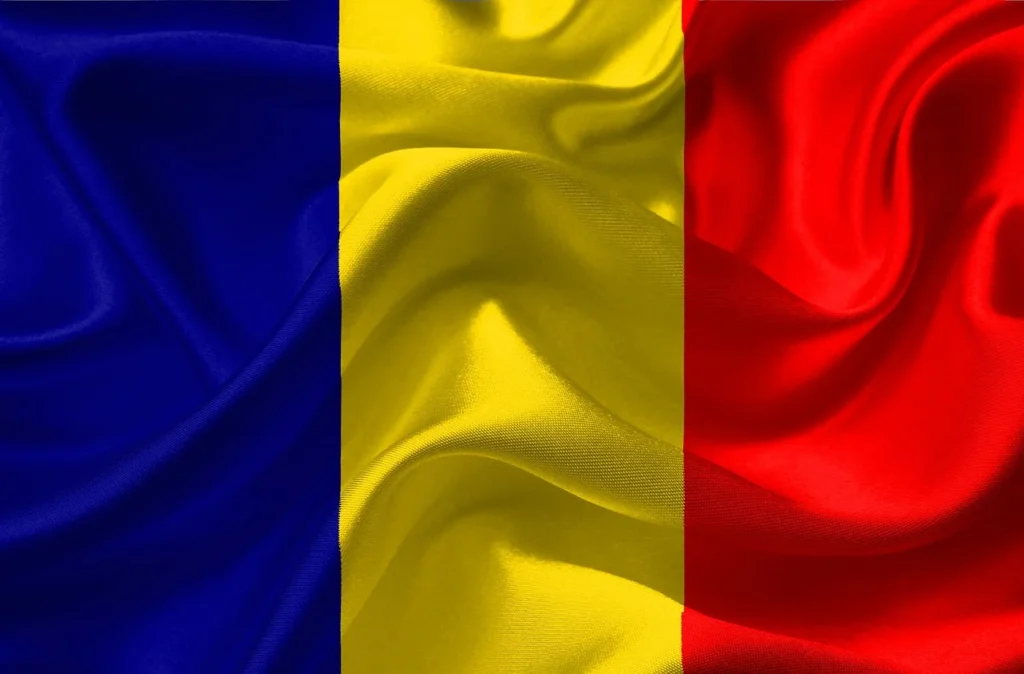
- This is where you need to read the room carefully. In strictly professional settings like emailing your boss or texting a client, “on b” is probably too casual.
- Stick with more traditional language in these situations. However, modern workplaces are becoming more relaxed, especially in creative industries and startups.
- If your workplace has a casual culture and you text with coworkers as friends, “on b” might be perfectly fine. The key is matching the existing tone.
- Semi-formal situations like texting a professor or a manager you’re friendly with fall into a gray area. If they use casual language and slang with you, it’s probably safe.
- If they maintain more professional language, follow their lead. With clients or customers, err on the side of professional unless you’ve established a more casual rapport over time.
- Some businesses, especially those targeting younger audiences, might embrace casual slang as part of their brand voice. But if you’re uncertain, choose more neutral language.
- The safest approach is to observe how others communicate in your specific environment. Professional norms vary wildly by industry, company, and even department.
How to Tell If Someone’s Being Genuine When They Say “On B”
- Just because someone adds “on b” to their statement doesn’t automatically make it true. Like any emphasis phrase, it can be used genuinely or as a manipulation tactic.
- Learning to tell the difference helps you navigate conversations better. Pay attention to patterns. If someone uses “on b” constantly for everything, it loses meaning. When every single statement is emphasized as super truthful, none of them really stand out.
- Genuine users employ it selectively for statements that actually matter.
- Context matters enormously. If someone’s been dishonest before and suddenly starts throwing “on b” around, remain skeptical. The phrase doesn’t magically create honesty where trust has been broken.
- Real credibility comes from consistent behavior over time. In text, look at the overall message. Is the entire story believable, or does the “on b” feel like it’s propping up a weak claim?
- Liars often over-emphasize because they know their story is shaky. Truthful people state facts and add “on b” as a natural emphasis, not a defensive shield. Trust your instincts.
- If something feels off despite the emphasis phrase, you’re probably picking up on inconsistencies.
What Happens to Your Social Accounts During a Hiatus Period?
- Your accounts remain exactly as you left them, assuming you don’t delete them entirely. Most people taking a hiatus simply log out and delete apps from their phones rather than deactivating accounts.
- This means your profile, posts, and information stay visible to others. You’ll likely accumulate notifications, messages, and tags while you’re away. When you return, you’ll have to sort through everything you missed.
- Some people find this overwhelming, while others enjoy catching up all at once.
- Your followers and friends will still see your old content. Your photos remain on Instagram, your tweets stay on your timeline, and your Facebook posts are still there. You’re just not adding anything new or engaging with others’ content.
- If you deactivate rather than just logging out, your presence becomes more hidden. Stories and temporary content will expire normally during your hiatus. Your absence might affect algorithms since social media platforms favor active users, so when you return, you might notice lower engagement at first. This usually bounces back as you resume regular activity.
Celebrity Hiatus Announcements That Went Viral in 2024-2025

- Celebrities taking social media breaks have made major headlines recently. These announcements often spark conversations about mental health, fame, and our relationship with technology.
- When someone with millions of followers steps back, people pay attention. Several high profile musicians announced hiatuses to focus on new albums without the pressure of constant online presence.
- They talked openly about how social media was affecting their creativity and mental space. Fans largely responded with support, showing how cultural attitudes toward these breaks have shifted.
- Athletes have also been vocal about taking breaks, especially after intense competitions or during off seasons. Some cited the toxic nature of sports commentary and the toll of reading constant criticism.
- Their honesty helped normalize the idea that even successful, seemingly confident people need distance from online spaces. Actors have shared similar experiences, particularly around award seasons or when dealing with online harassment.
- What’s interesting is how these celebrity hiatuses influence regular users. When someone famous says they’re taking a break for their mental health, it gives permission for others to do the same.
ONB in Group Chats – When and How to Use It Without Looking Cringe
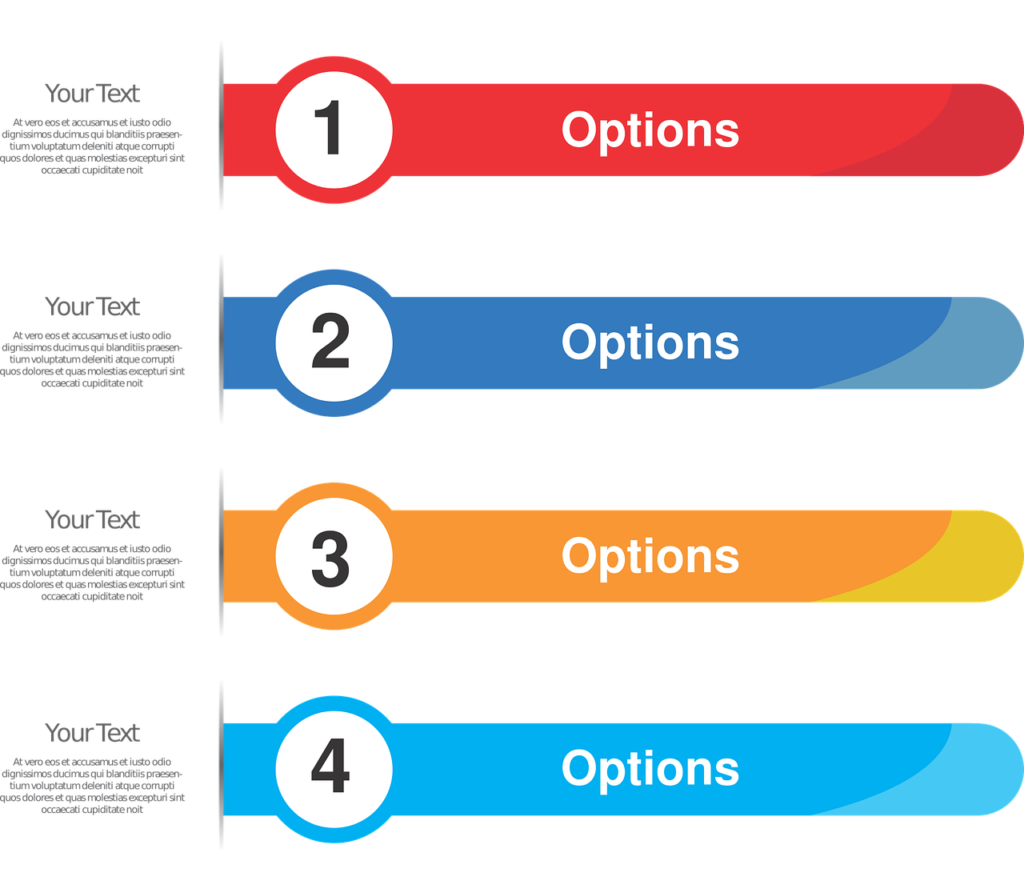
- Group chats have their own social dynamics, and using slang appropriately matters. “On b” works great in group chats when you want to emphasize something to multiple people at once.
- Maybe you’re sharing news or making plans and need everyone to take you seriously. Timing is important. If the group chat is in the middle of joking around, dropping an “on b” signals you’re shifting to something real.
- It’s a tone indicator that tells everyone to pay attention because you’re being sincere now.
- Don’t overuse it in group settings. If you’re constantly saying “on b” for every little thing, people will start tuning it out or teasing you about it. Save it for moments that genuinely warrant emphasis.
- Match the group’s vibe. If everyone in the chat uses slang casually, “on b” will fit right in. If your group tends toward more standard language, it might stand out awkwardly.
- Using it in response to someone else’s statement works well too. If a friend shares something surprising, responding with genuine interest and adding “on b” shows you’re engaged and taking them seriously.
Should You Announce Your Hiatus or Just Ghost? Digital Etiquette Explained
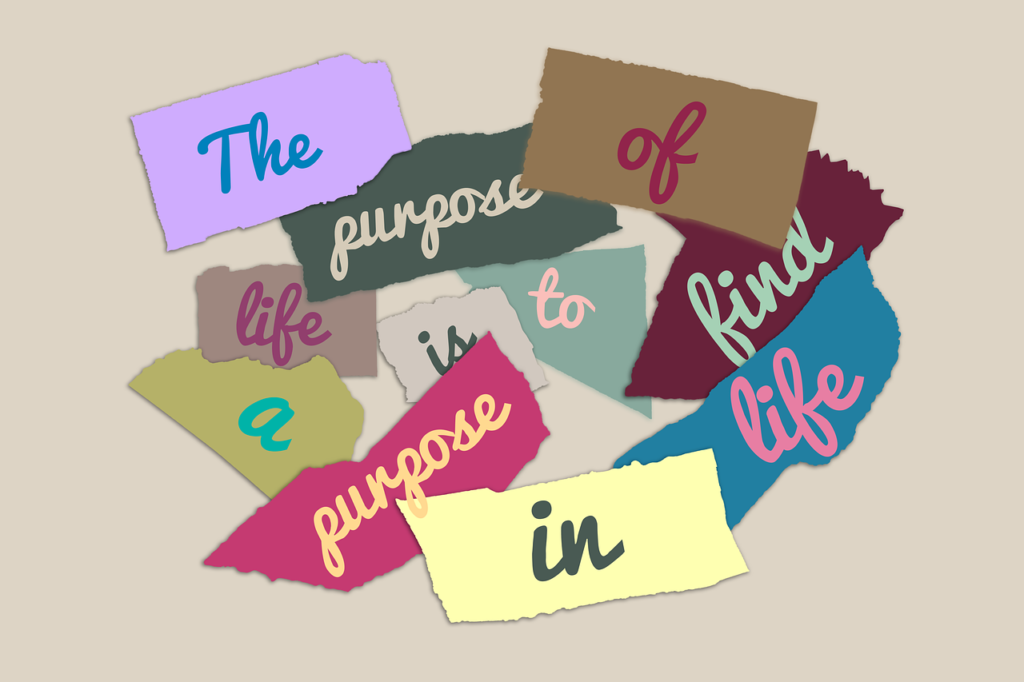
- This question divides people, but there’s a clear etiquette answer. Announcing is almost always better than ghosting. When you disappear without explanation, people worry, make assumptions, or feel rejected. A simple announcement prevents all that confusion. Your announcement doesn’t need to be elaborate.
- A brief story or post saying you’re taking a break from social media works perfectly. You don’t owe anyone a detailed explanation of your reasons unless you want to share.
- For close friends, consider reaching out personally. A quick text letting them know you’re logging off but they can still reach you maintains those important connections while setting boundaries.
- Ghosting might feel easier in the moment because it avoids the vulnerability of admitting you need a break, but it often creates more problems than it solves. People might think you’re upset with them, something bad happened, or you’ve just become flaky.
- Professional accounts definitely need announcements. If you run a business page or have followers who engage with your content regularly, letting them know prevents confusion.
- The exception to the announcement rule is if you’re leaving a toxic situation. If you’re dealing with harassment or need to escape drama, disappearing immediately protects you.
- Taking time away from constant connectivity has become an act of self care in 2025. Whether you’re using “on b” to keep conversations authentic or taking a hiatus to reclaim your time and energy, both reflect a more thoughtful approach to digital life.
- Understanding these terms helps you communicate better and support others navigating their own relationship with technology.
Frequently Asked Questions
What does ONB mean in text messages in 2025?
ONB means “On B” or can refer to being on a break or hiatus in online conversations.
What does On B stand for in chat?
On B usually means being “on beat,” “on business,” or “on break,” depending on the context.
What does ONB mean on Snapchat?
ONB on Snapchat can mean the user is on a break or taking time away from the app.
How is ONB used in texting slang?
It’s often used to show someone is focused, busy, or temporarily unavailable.
Does ONB mean On Break or On Business?
Yes, both meanings are common depending on who’s using it and in what situation.
What does ONB mean in social media comments?
It can mean “On Break,” showing someone is taking a short online hiatus.
What does it mean if someone says ONB to you?
They might be telling you they’re taking a break or focusing on something else.
Is ONB a new trend in 2025 texting slang?
Yes, ONB has become a trending abbreviation used widely in chats and posts.
How can I use ONB correctly in a sentence?
You can say, “I’m ONB for a while,” meaning you’re stepping away for some time.
What’s the difference between ONB and AFK?
ONB means on a break or hiatus, while AFK means you’re away from the keyboard temporarily.
Conclusion
In 2025, the term ONB continues to evolve, reflecting how digital slang adapts to changing communication styles. Whether used to mean “On B” for expressing confidence or “On Break” to signify a pause or hiatus, its meaning depends on context and tone in the conversation. Understanding these subtle variations helps people avoid confusion and connect more clearly online.
As language keeps transforming in the digital world, abbreviations like ONB show how creativity shapes online expression. From casual chats to social media trends, ONB demonstrates how words can carry multiple meanings while still uniting people through shared digital culture.

